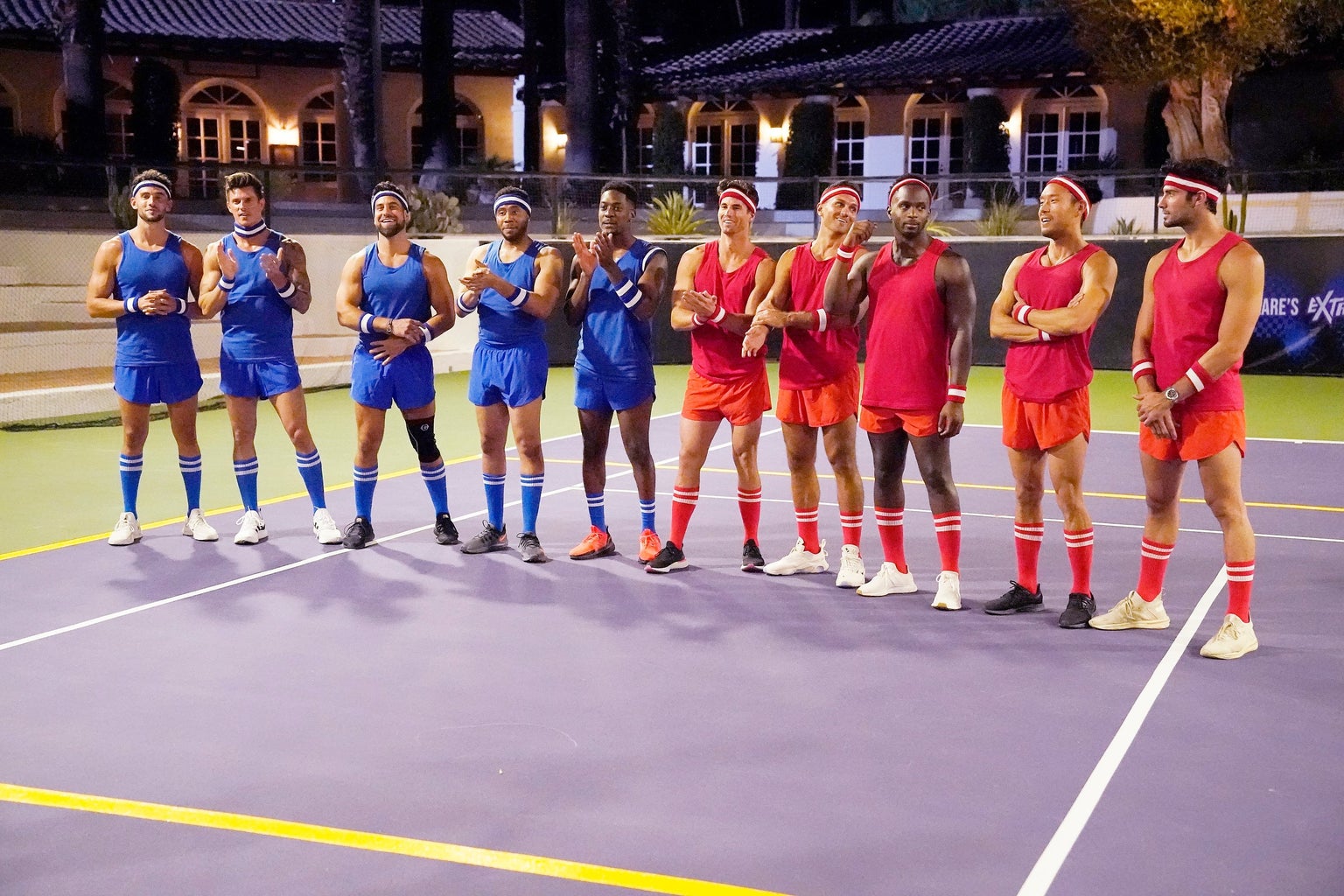College is a breeding ground for competition. During the whole process from start to finish, you are competing with the people around you. From the application process to final exams, it constantly feels like we are under a microscope and being measured up against our peers.
People often talk about healthy competition. One definition describes it as “the interaction between individuals that promotes and fosters striving for higher achievements yet creates an environment where everyone in the group hopes that everyone will do well, rather than wish that others fail.”
What on earth does that even mean?
I do think that it is good to compare yourself to others—to a certain extent. Striving to be the best version of yourself is important, and sometimes exposure to other peoples’ achievements can inspire you to push yourself farther than you would have alone. However, this can very quickly become unhealthy.
Since I have been at college, I have been in multiple situations where I felt “lesser” than other individuals, both academically and socially. People will flippantly say things like “oh you haven’t started studying yet,” or “I pulled an all-nighter and have seventeen pages of notes,” or even “Ugh—I can’t believe I got an A-.” Now, although I understand that people have individual goals, the intent behind some of these comments can be to put others down, make themselves feel better, or simply brag.
I have even come across people who will not put themselves up for certain roles and opportunities or sell themselves short academically because they have been made to feel lesser than their peers. This is so crazy to me! It is such an accomplishment to even receive a place at college. Every person here is here because they worked to get themselves here. No one is better than anyone else. We should work to support and inspire our peers, not put them down!
When competition starts to have an adverse effect, shouldn’t it be reassessed?
I asked a few of my friends if they had any shared experiences with this and the results were unanimous:
“I am not a very competitive person as I like to do things at my own pace and do my personal best, but when I started taking the prerequisite classes for Comm, I was in for it. The communication major is so impacted that it has the highest prerequisite GPA requirement at UCSB. Because of this, there is a prevalent competitive nature in the major and it is very stressful for someone who had not been used to this. I felt so behind because I had not taken a prerequisite my first quarter of my freshman year, and I saw everyone mapping out their road to success in the major while I hadn’t even started. It felt as though some people treated it as a bragging right to be ‘ahead’ in the major (whatever that means) and this made me feel as if I was somehow behind even though I just got to college. This led me to overcompensate and take two difficult prerequisites at the same time my spring quarter which made my life very stressful and my workload overwhelming. I have learned how to handle the competitive culture here but it is very easy to let it get to your head, and I often have to remind myself to stay grounded.”
“For me [the competition] is due to the Econ departments’ obsessive need to weed students out—not even based on knowledge but [on students’] sheer ability to test-take. When taking Econ 2… I found myself not sleeping before each exam, not even a wink. And now in 10B where 100% of your grade is split between one midterm and one final, I find myself anxious anytime I think of the class, even though I enjoy it content-wise. It also creates a competitive culture among the students in the class, as if someone does better than you, it hurts your grade. This leads people to pray for others’ downfalls.”
“A common joke thrown around at college is how easy being a communication major is everyone assumes our assignments consist of coloring and busy work. [I think it’s] very silly to make fun of peers’ majors when we’re all accepted by college not major… I know people who chose to study alone because of curved classes … it’s literally school, we’re supposed to learn. Maybe that’s the institution’s fault. [I’m] not directly blaming the students but wtf.”
These accounts make it clear that competition can very easily have an adverse effect. When it starts hindering people’s performance both academically and socially, as well as their mental health, it can be a danger instead of an attribute. Especially amongst women, I think it is so important to focus on supporting each other and bringing each other up. It doesn’t make sense to me to bring people down in the name of competition. Imagine how much time and energy we could save if we started helping build each other up instead.




